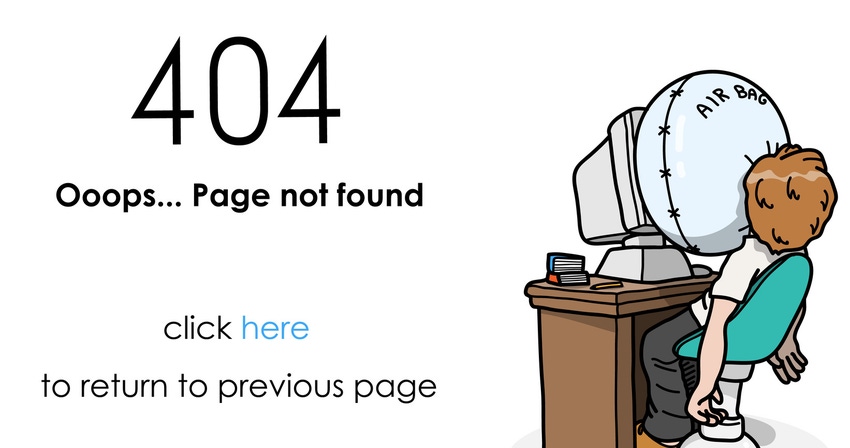After a brief interruption it’s business as usual for the EU Copyright Directive, with Article 13 set to go ahead and oblige websites to adopt burdensome content filters.
February 6, 2019

After a brief interruption it’s business as usual for the EU Copyright Directive, with Article 13 set to go ahead and oblige websites to adopt burdensome content filters.
Last month we reported that Article 13 of the directive, which seeks to block the upload of any content that could possibly infringe copyright, was being held up by disagreement among some members of one of the many layers of eurocracy required to rubber-stamp new trans-continental laws.
Well as is so often the case in Brussels, a token compromise was reached that allowed everyone to do what they’re told while offering what minimal face-saving they needed to salve their capitulation. Once more the best information and analysis on this latest development comes from Pirate Party MEP Julia Reda.
Reda reports that everyone was pretty much in favour of insisting on the use of algorithmic upload filters intended to prevent copyrighted material even being uploaded in the first place without a license fee first being paid. The only sticking point concerned exemptions for smaller websites, to stop innovation being suffocated by the cost of all this fresh red tape.
The solution that apparently placated even the most fervent SMB champion was to spare websites this extra hassle so long as they’ve been going for less than three years, have an annual turnover of less than €10 million and have fewer than five million monthly unique visitors. To be clear if any single one of these apply then it’s upload filter time, so since nearly all websites are older than three that means pretty much all of them. Nice exemption.
As Reda concludes, this is EU corporatism being imposed on the internet by favouring the largest websites, for whom the additional bureaucratic burden is much less significant, and thus discouraging innovation. It will probably result in blanket blocks on European users by non-European sites that don’t feel like installing upload filters.
She calls on people to pressure their local candidates in the forthcoming European elections to oppose this move but we fear she’s being naïve. The European Union considers the democratic will of its constituents to be at best irrelevant and at worst antagonistic to its corporate interests and prospective members of European parliament know it.
About the Author(s)
You May Also Like








.png?width=300&auto=webp&quality=80&disable=upscale)


_1.jpg?width=300&auto=webp&quality=80&disable=upscale)


.png?width=800&auto=webp&quality=80&disable=upscale)